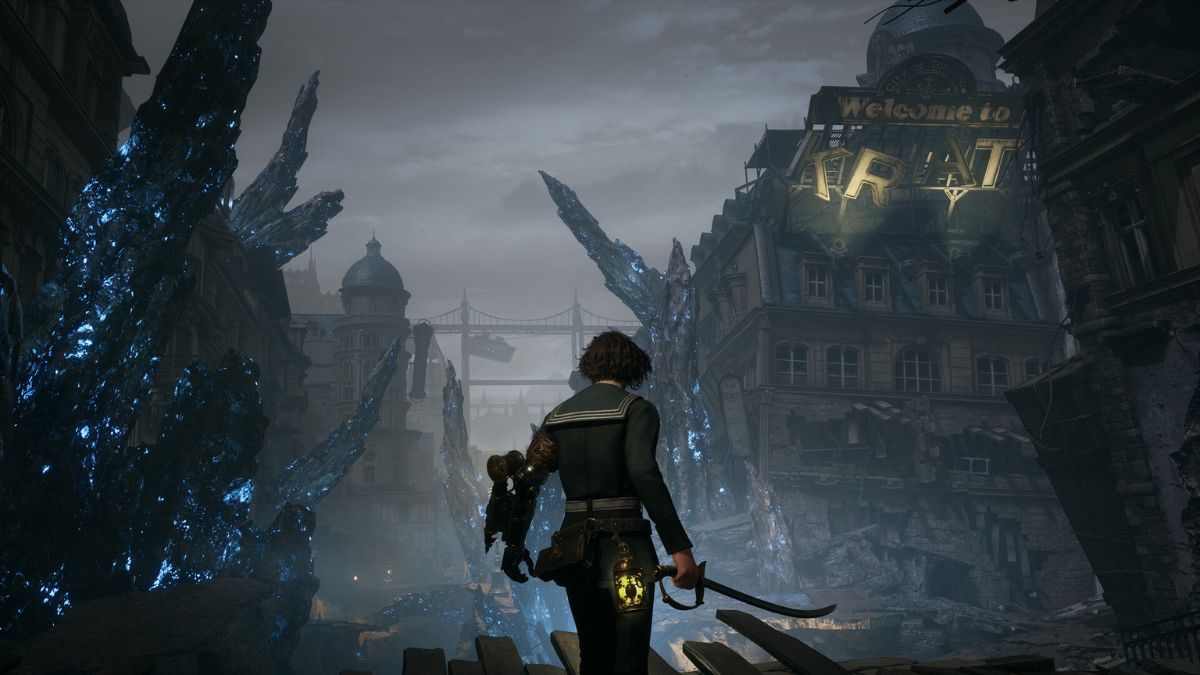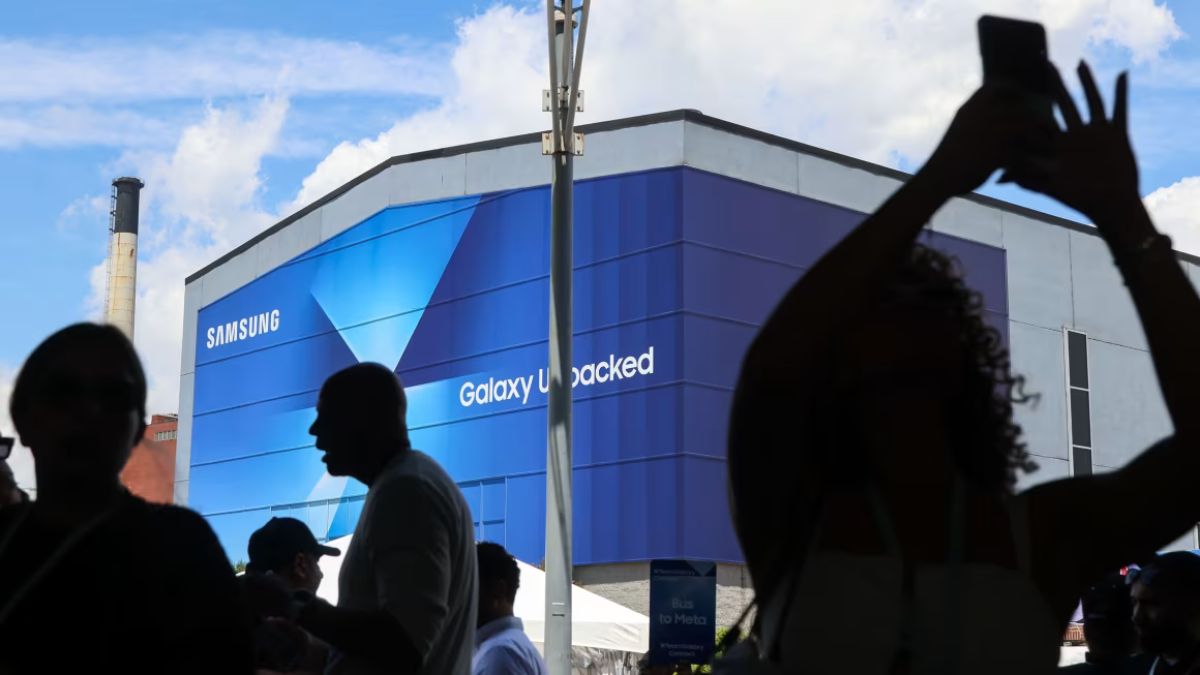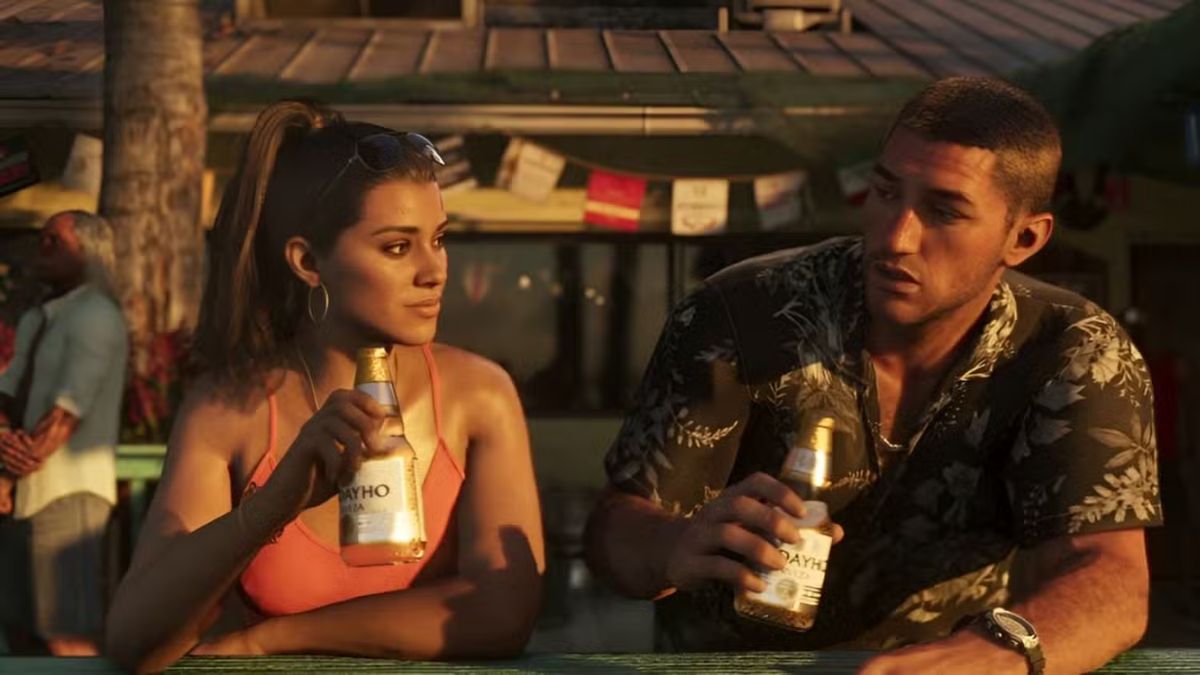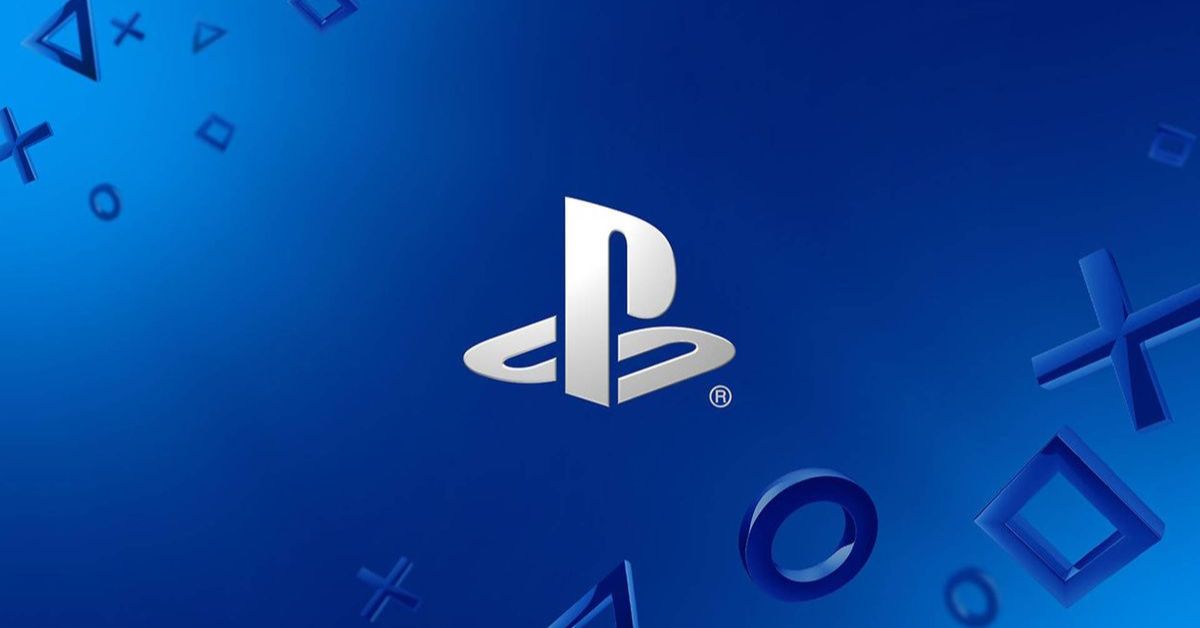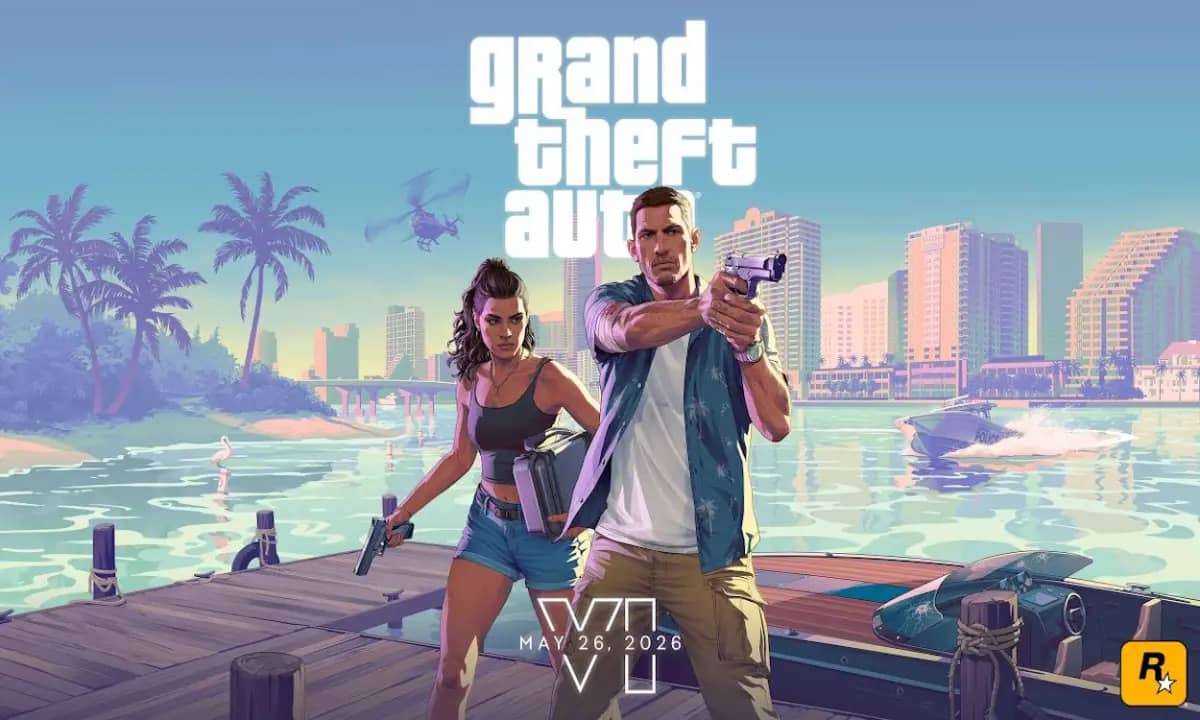Shuhei Yoshida, former head of PlayStation’s first-party studios, has raised concerns about the rising costs of AAA game development, warning that budgets exceeding $200 million are leading publishers to approve fewer games.
Speaking on the Kit & Krysta YouTube channel, Yoshida said that during the PlayStation 4 era, the strategy of “going big” with blockbuster titles seemed safer and more likely to succeed. Games like God of War, Horizon Zero Dawn, and The Order: 1886 became the norm, while smaller, more experimental titles like Patapon and Gravity Rush were largely sidelined.
“It may be counterintuitive,” Yoshida explained, “but if we spent enough money to make the big game, the chance of success felt increased. Everybody wanted to play bigger games with more beautiful graphics and more gameplay hours.”
However, he warned that the industry’s shift toward high-risk, big-budget projects may not be sustainable. Yoshida highlighted that what once counted as a major hit — selling one million copies during the PlayStation 1 era — now seems modest, as PS5-era titles are often expected to sell 10 million units just to be considered successful.
He cited one internal analysis showing that a game in the same franchise doubled its production budget from the PS4 to the PS5 generation, to the point where it became nearly impossible to break even.
“I think this is the first time the industry truly believes that something has to be done,” Yoshida said, calling for a reevaluation of how games are made and funded.
Yoshida also praised smaller, mid-budget projects, such as Clair Obscur: Expedition 33, which are made by tighter teams and carry less financial risk. He suggested that these kinds of games could offer a more sustainable path forward for the industry.
While he acknowledged that high retail prices like $70 or $80 per game can be seen as steep, Yoshida argued they are “a steal” given the scope and polish of modern AAA titles—as long as consumers spend wisely.
His comments come amid broader industry discussions about rising development costs, increased consolidation, and fewer original games reaching players.


